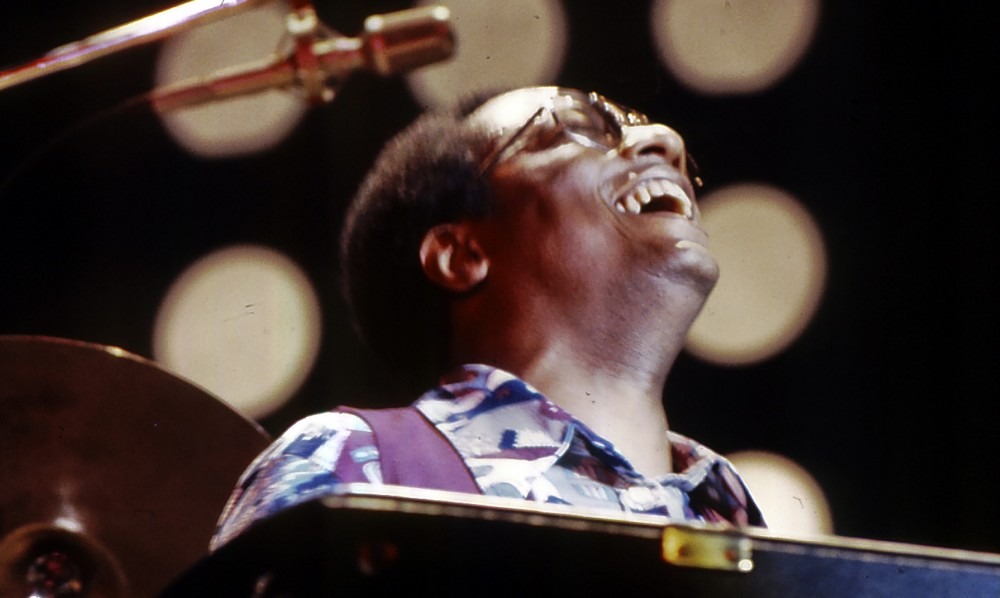In Hip-Hop and Beyond: Ramsey Lewis

Across decades and dozens of studio albums, pianist and composer, Ramsey Lewis, explored the intersections of jazz and pop music.
Yesterday, the jazz world lost a pillar of its own malleability and crossover capacity with the death of Ramsey Lewis, a wildly prolific pianist and composer whose career stretches more than a half-century of consistent output. At 87-years-old, the Chicago native finally went off to meet the sun goddess at the spiritual and creative center of a particularly active period of searching and boundary-pushing alongside players of pure prestige.
Though his catalog, comprising dozens of albums in as many strains of jazz, dates back to 1956, Lewis hit a stride in the mid-1960s with The In Crowd, a live album built around and named after a cover of a charting r&b hit by Dobie Gray. Supported by Eldee Young and Redd Holt on bass and drums, Lewis’ version of the mid-tempo stomper injected it with a deep cool and bluesy swing; an early blueprint for the types of lush recalibrations he’d churn out in the coming years. The album earned him a No. 1 r&b chart position and genuine mainstream acclaim, which was, and remains, rare for a jazz musician of any era. “The In Crowd” won Lewis the first of his three Grammys. And while commercial successes would become fewer and farther between in subsequent years, Lewis remained a committed student and relentless practitioner, taking on and mastering myriad jazz modes.
When his trio members broke off to form The Young-Holt Unlimited, Lewis filled the roster with Cleveland Eaton and a spry Maurice White, earning another Top 40 spot with a cover of “Wade In The Water.” Eaton and White helped Lewis explore jazz’s pop potential, which is perhaps best exemplified by Mother Nature‘s Son, a collection of beautifully blown-out Beatles covers released in 1968. White’s tenure was substantial, but not long. He left in 1970 to found Earth, Wind & Fire, but would reunite with his fellow Chicagoan on the 1974 album, Sun Goddess, by which point, Lewis had fully embraced the Fender Rhodes and a very cosmic strain of break-heavy jazz and soul that would resonate well outside of its own era.
15 years later, Sun Goddess, with its gilded cover, and a number of Lewis’ projects leading up to its release (including Another Voyage, Solar Wind, and Funky Serenity,) took on second and third lives as producers sought out source codes for what would be hip-hop’s adolescence. Suddenly, everyone from A Tribe Called Quest to The Fugees to Souls of Mischief and Black Sheep had traces of Lewis’ most sophisticated, funky, and accessible compositions embedded, which marked the beginning of the short-lived Daisy Age and rap’s long-running obsession with jazz quotables.
In celebration of Ramsey Lewis’ life, legacy, and impact, we’ve collected some of hip-hop’s most notable uses of the pianist’s works for the latest installment of our In Hip-Hop and Beyond playlist series, featuring deep cuts and classics from Organized Konfusion, Pete Rock & CL Smooth, Brand Nubian, Master P, and so many more.
Hear it below.

